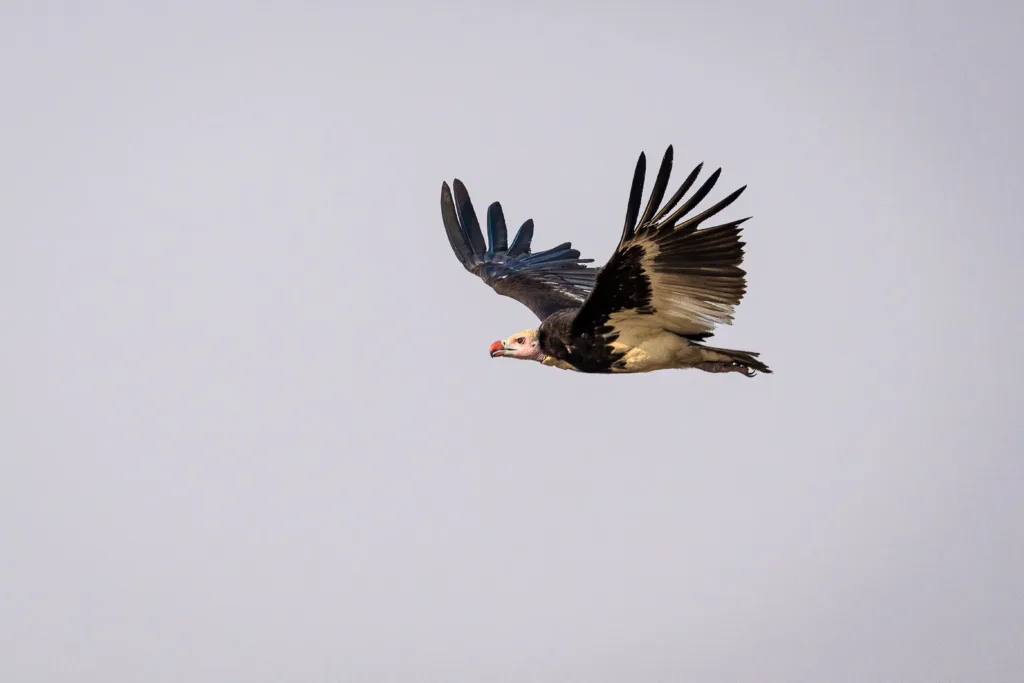Wilderness Trust’s Vultures for Africa programme is making significant strides in safeguarding crucial ecosystem functions by addressing the numerous threats facing vultures across the continent. Vultures, essential for ecological balance, are under siege from various challenges including poisoning, electrocutions, habitat loss, and food scarcity.
Vincent Shacks, the Wilderness Group Impact Manager, emphasised the critical role vultures play in ecosystem health and highlighted the dire situation faced by many species, some of which are critically endangered. The programme’s primary objective is to tackle the human-wildlife conflict driving vulture poisoning, with initiatives spanning 17 countries in Southern, East, and West Africa.

EWT’s impactful training programmes have already reached 7,000 learners, including rangers, veterinarians, and law enforcement personnel, resulting in successful interventions to save poisoned animals. In 2023 alone, they conducted 17 workshops addressing wildlife poisoning and awareness across eight countries.
Vincent also stressed that vulture conservation is paramount not just for vultures themselves but for preserving broader biodiversity. This sentiment is echoed by the Wilderness Trust’s comprehensive approach, which includes community engagement to raise awareness about the dangers of poisoning and its impact on wildlife.
The recent donation of USD5,000 towards vulture conservation is particularly poignant, honoring the legacy of the late Director, Russel Friedman, who was deeply passionate about vulture conservation. This contribution serves as a touching tribute to his lasting impact on conservation efforts in Africa.
All guests and interested parties are encouraged to actively contribute to these vital conservation efforts by visiting https://empowersafrica.org/partners/wilderness-trust/ where they can gain further insight into ongoing initiatives and contribute to conserving the untamed places and ecological diversity within Africa, while promoting the harmonious co-existence of local communities and wildlife.